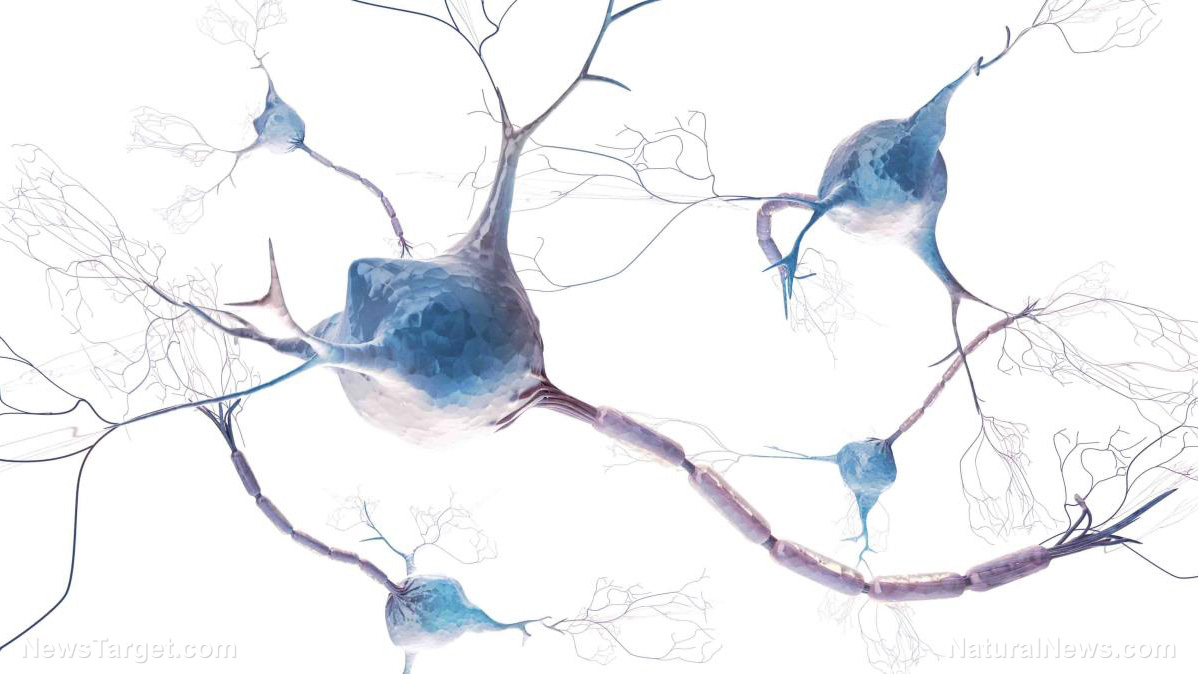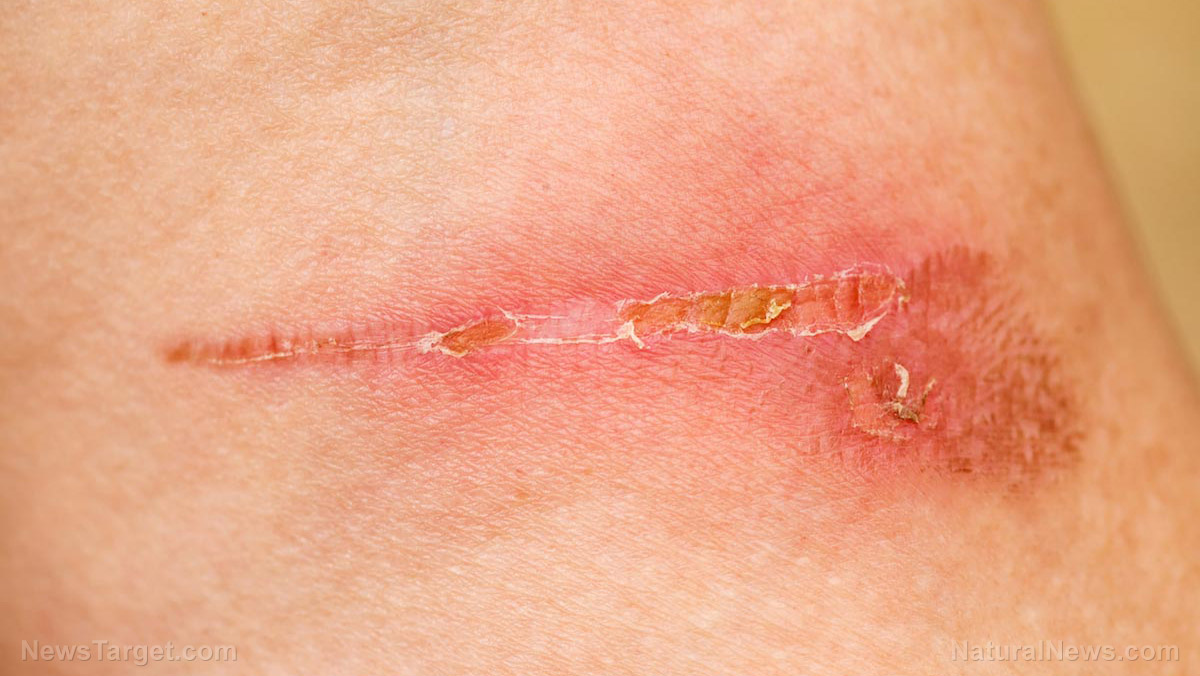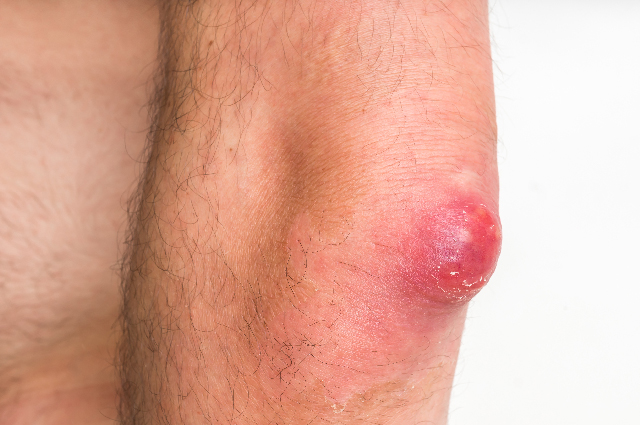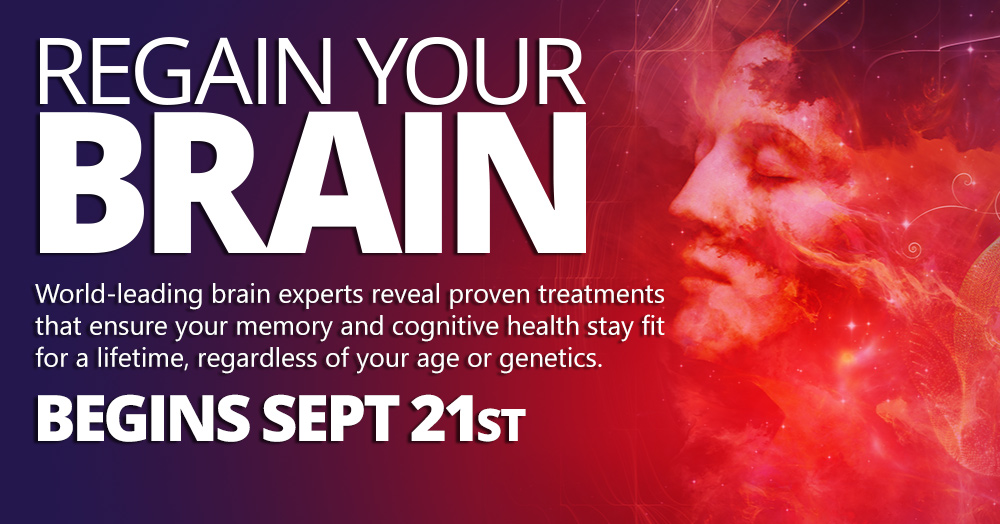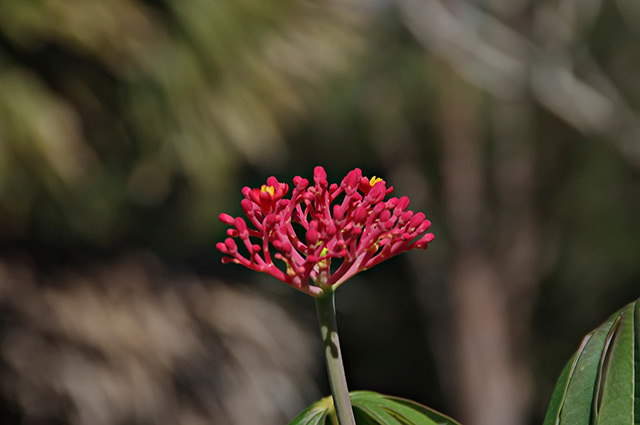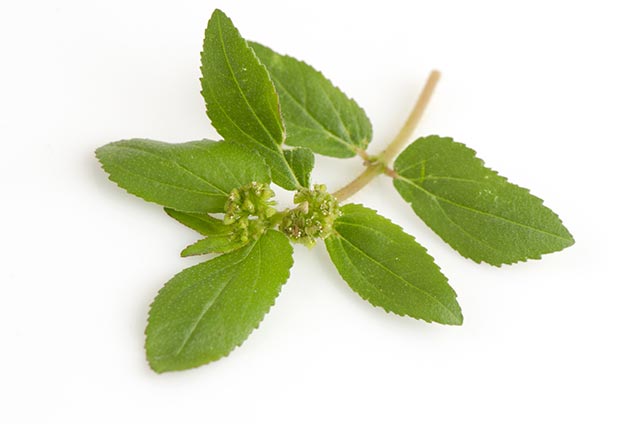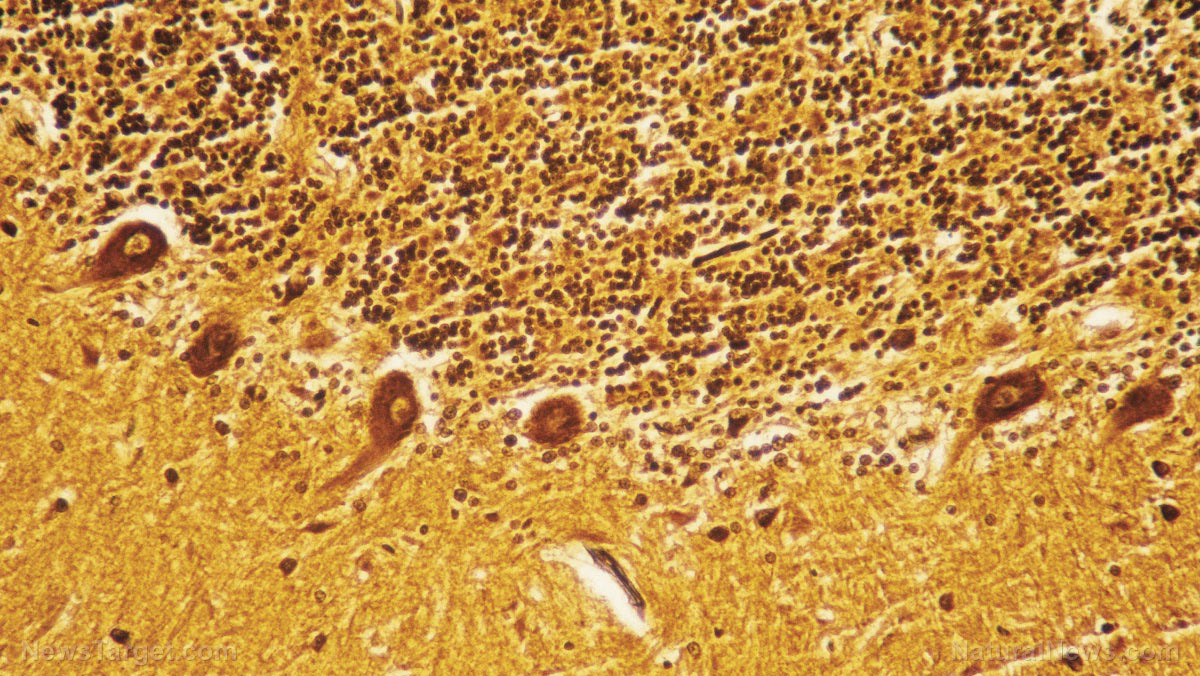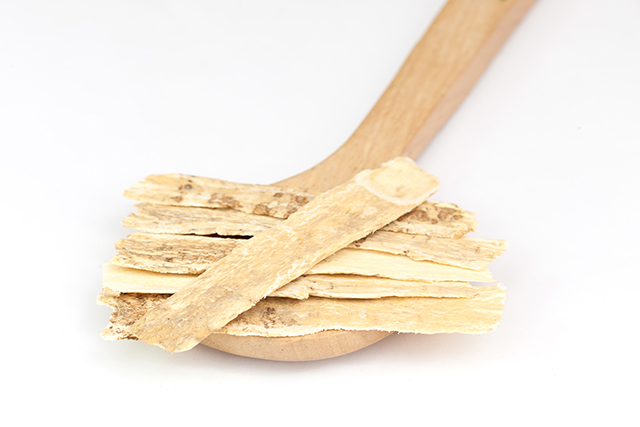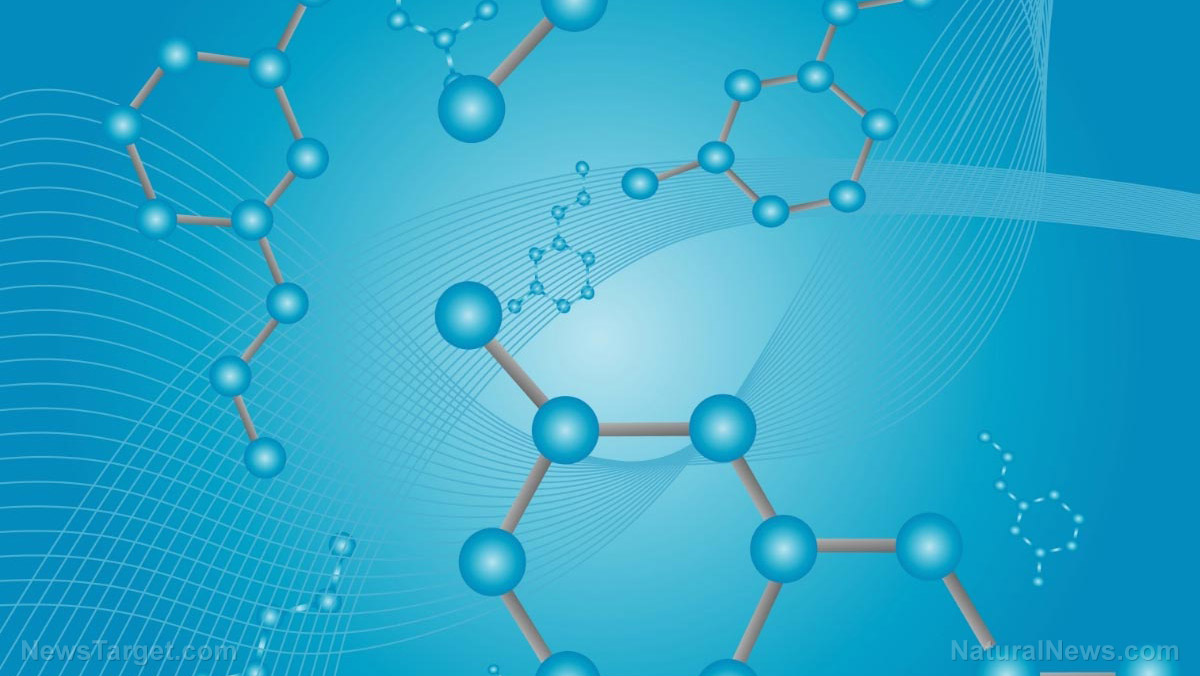American Legion endorses medical marijuana for veterans
09/10/2017 / By Tracey Watson

While anecdotal evidence has been heaping up for some time proving that marijuana has real potential in the treatment of Post Traumatic Stress Disorder (PTSD), it has remained a schedule 1 substance on the federal government’s Controlled Substances list, along with heroin, meth and ecstasy. Military veterans, in particular, have been increasingly vocal in their support of cannabis for the treatment of PTSD, and now The American Legion, America’s largest veterans’ service organization, has openly endorsed its use.
Town Hall reported recently that the American Legion adopted a resolution in Reno, Nevada, at the end of last month, supporting the medicinal use of marijuana and encouraging VA doctors in states where its use is legal to start prescribing it for veterans under their care who are struggling with PTSD. (Related: Government continues to neglect veterans as PTSD epidemic explodes.)
The NIH National Institute of Mental Health explains that PTSD is a disorder which affects people that have undergone frightening, dangerous or shocking events. They explain:
It is natural to feel afraid during and after a traumatic situation. Fear triggers many split-second changes in the body to help defend against danger or to avoid it. This “fight-or-flight” response is a typical reaction meant to protect a person from harm. Nearly everyone will experience a range of reactions after trauma, yet most people recover from initial symptoms naturally. Those who continue to experience problems may be diagnosed with PTSD. People who have PTSD may feel stressed or frightened even when they are not in danger. (Related: To stay informed about mental health issues, see Psychiatry.news)
Military veterans who have experienced harrowing events in wartime are particularly susceptible to PTSD. Known by multiple labels over the years, including “shell shock” and “battle fatigue,” many soldiers, marines and airmen need years of therapy to deal with the harrowing sights they have seen during battle.
The American Legion’s Rob Ryan, who authored the resolution, noted that he has heard “over and over and over again” from PTSD-sufferers whose symptoms have been significantly eased by marijuana.
Though VA medical practitioners have been banned from discussing the use of medical marijuana with their patients since 2011, the Legion has been campaigning hard to get this policy changed.
The Centers for Disease Control and Prevention (CDC) has reported that Ohio, where the Legion’s resolution was drafted, has the fourth highest rate of overdose deaths in the U.S. – most significantly, opioid overdoses. It is, however, also one of the states which now allows the medicinal use of marijuana, meaning there is a window of opportunity for the treatment of those with PTSD, which does not involve the use of highly addictive, deadly opioid drugs.
Perhaps an endorsement by the American Legion will be enough to get the federal government to take a second look at its classification of marijuana and investigate its true potential as a treatment for PTSD.
As Town Hall writer, Christine Rousselle, pointed out:
[T]here’s no reason why veterans should be shut out from a potentially life-changing treatment. The American Legion is hardly a group of hippie stoners, and people should listen to what they have to say.
And, as the resolution’s author noted, “Our state congressmen, when the American Legion says something, they listen. Hopefully, this will have the same impact at the federal level.”
It remains to be seen whether Ryan is right and state and federal legislators will pay attention to the Legion’s pleas.
In the meantime, thousands of veterans continue to struggle unnecessarily with a debilitating mental illness.
Sources for this article include:
Tagged Under: American Legion, herbal medicine, medical marijuana, Opioids, PTSD, veterans



